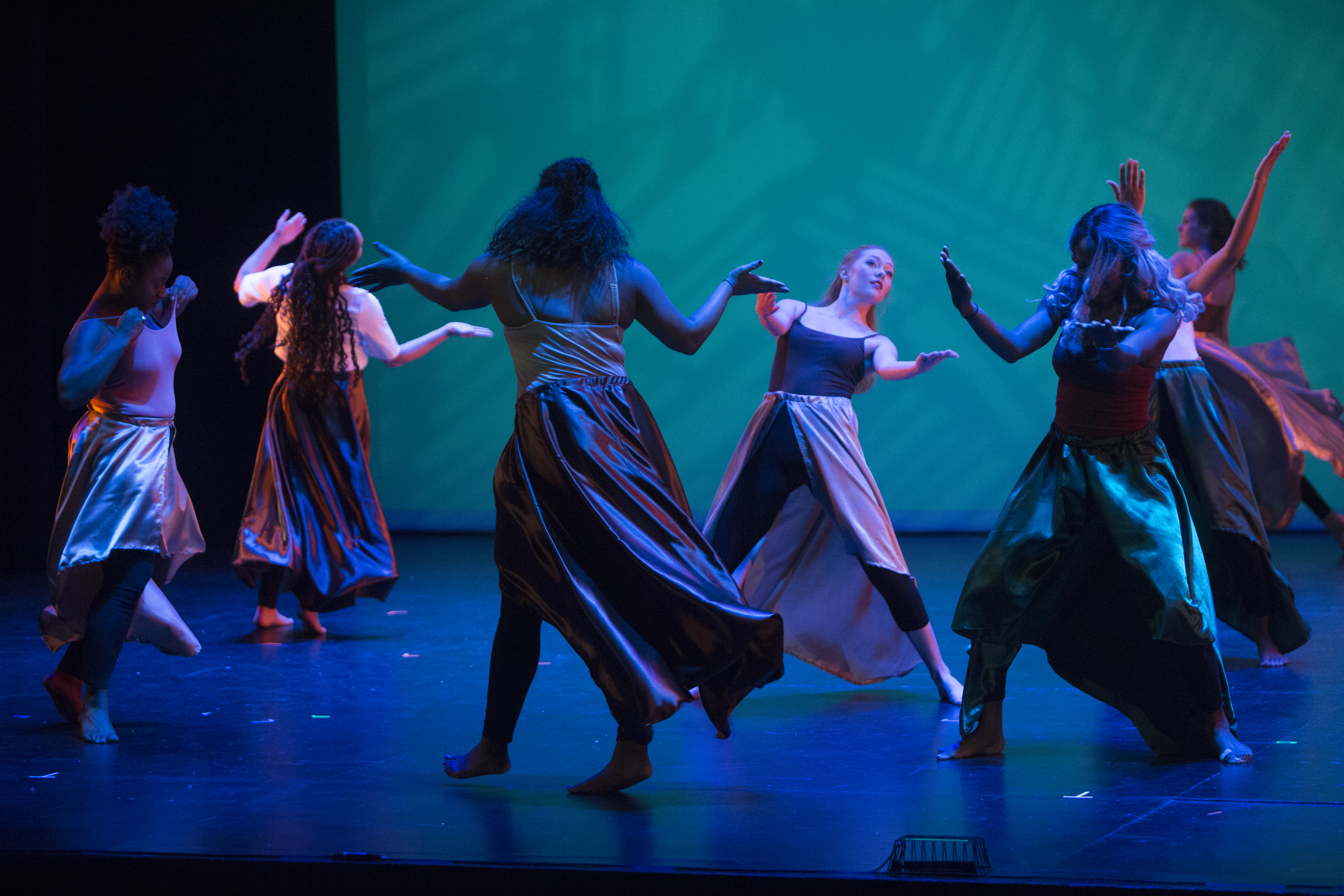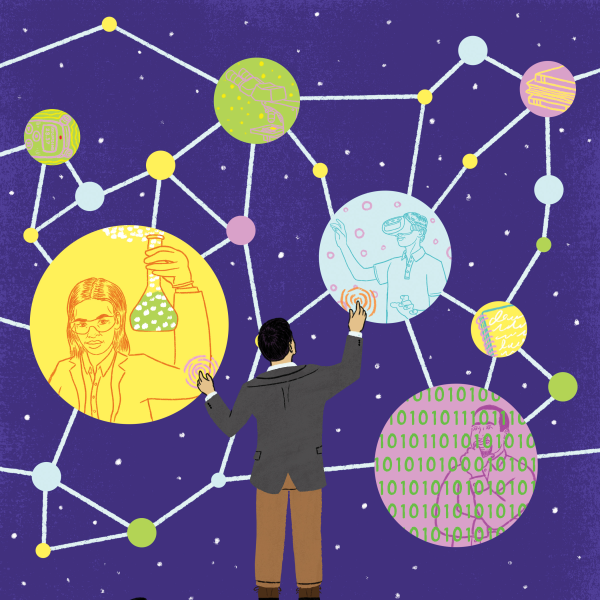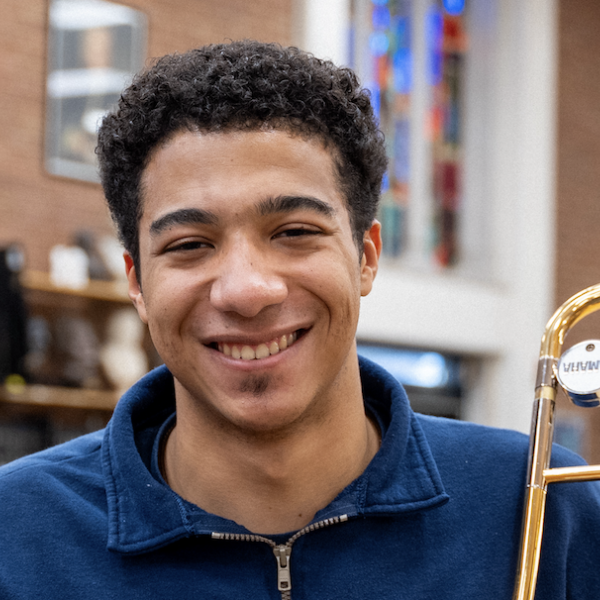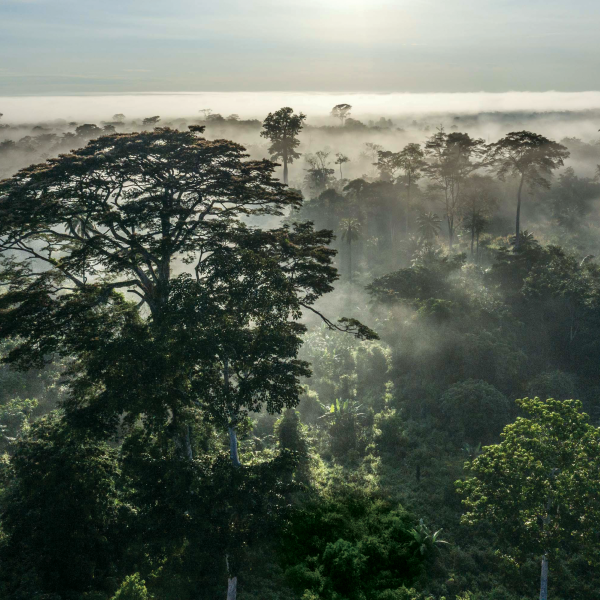
Playing the long game: Marilee Karinshak’s path from NASA to national titles
An environmental analysis senior, Goldwater Scholar, and NASA intern, Marilee Karinshak balanced ambitious scholarship with championship athletics.


The latest news and updates from Arts & Sciences
Susanne S. Renner | The New York Times
Betsy Sinclair | U.S. News & World Report
Rebecca Cox | The Washington Post
WashU sophomore Courtney Lucas II has been selected by…
Kathleen Finneran, senior writer-in-residence in the…
The Performing Arts Department will present Thornton…

Junior Zeina Daboul shares how a comparative literature course redefined how she approaches problems — and her own varying interests.

Digital tools have significantly reshaped the academic landscape. To take advantage of these once-in-a-generation developments, Arts & Sciences launched a digital transformation initiative to recruit some of the brightest minds in nearly every field.

The multifaceted senior is a psychological and brain sciences major, music minor, skilled trombonist, and a member of WashU’s Emergency Support Team. Next up: the University of Cambridge.

Combining the forces of WashU, the Missouri Botanical Garden, and the Saint Louis Zoo, the Living Earth Collaborative works to protect the plants and animals of the world — for their sake and ours.